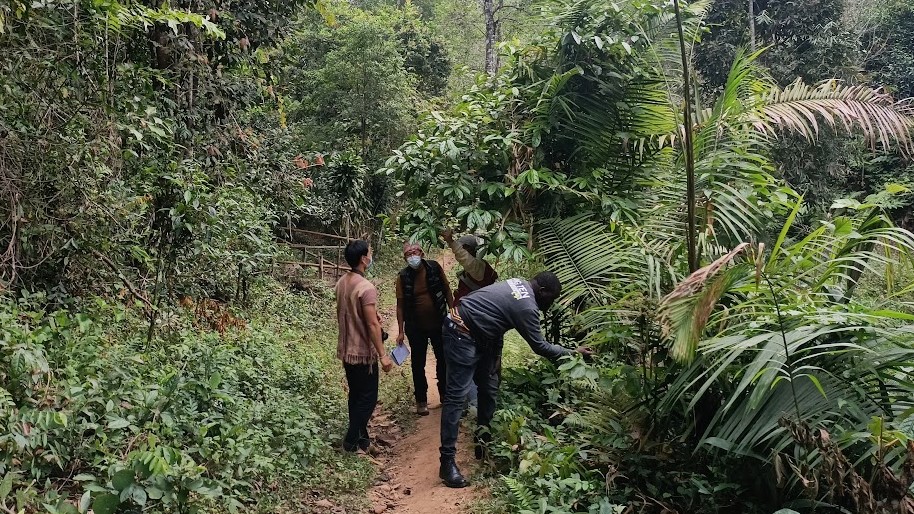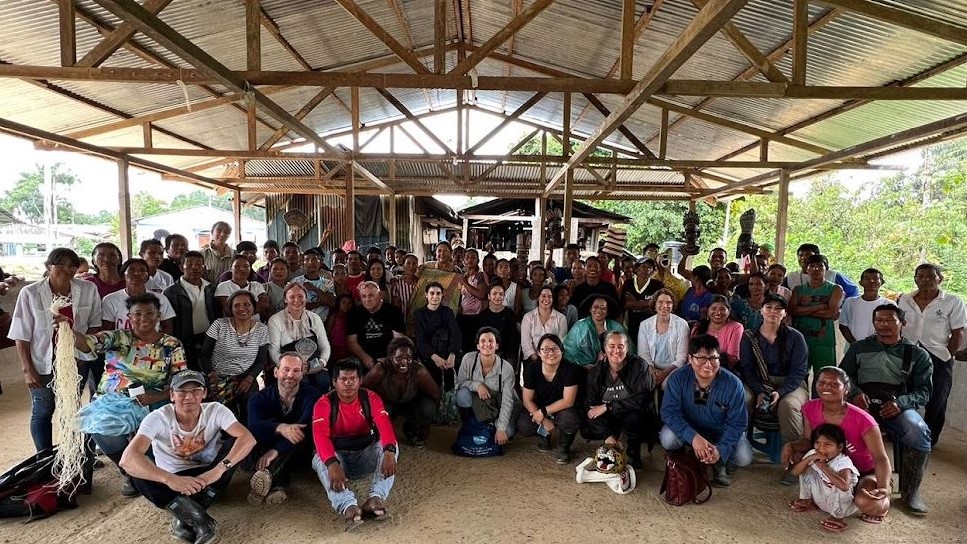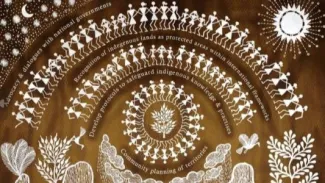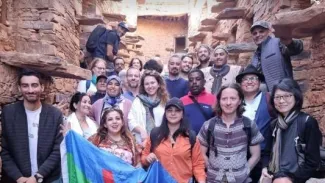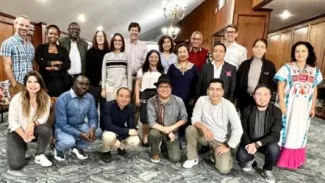Indigenous and local knowledge in IPBES
IPBES recognizes and respects the contributions of Indigenous and local knowledge to the conservation and sustainable use of biodiversity. The IPBES Global Assessment (2019) showed that at least a quarter of the global land area is traditionally owned, managed, used or occupied by Indigenous Peoples, and that in addition, a diverse array of local communities manage significant areas. The governance and management systems of Indigenous Peoples and local communities often contribute to maintaining and enhancing biodiversity and reducing habitat loss, including in areas of significantly high biodiversity. They are also directly impacted by the drivers of biodiversity loss. As shown by IPBES assessments, there is great potential for biodiversity policy and action to recognize Indigenous Peoples and local communities as important actors, and to support them in maintaining and revitalizing their knowledge, practices, management and governance systems for biodiversity conservation and human wellbeing.
Here you can find information about IPBES work with Indigenous and local knowledge, participation by Indigenous Peoples and local communities and related resources produced by IPBES.
